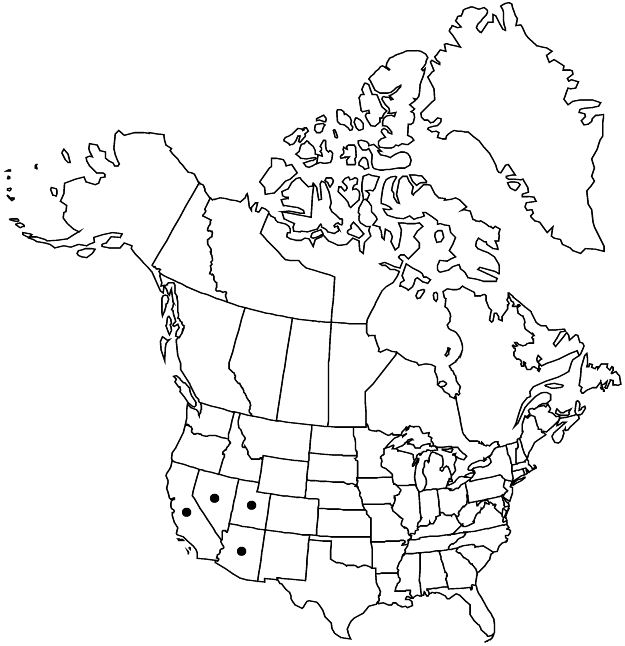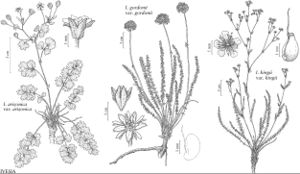Difference between revisions of "Ivesia arizonica var. arizonica"
FNA>Volume Importer |
imported>Volume Importer |
||
| (2 intermediate revisions by 2 users not shown) | |||
| Line 3: | Line 3: | ||
|accepted_authority= | |accepted_authority= | ||
|publications= | |publications= | ||
| + | |special_status={{Treatment/ID/Special_status | ||
| + | |code=F | ||
| + | |label=Illustrated | ||
| + | }}{{Treatment/ID/Special_status | ||
| + | |code=E | ||
| + | |label=Endemic | ||
| + | }}{{Treatment/ID/Special_status | ||
| + | |code=C | ||
| + | |label=Conservation concern | ||
| + | }} | ||
|basionyms= | |basionyms= | ||
|synonyms={{Treatment/ID/Synonym | |synonyms={{Treatment/ID/Synonym | ||
| Line 50: | Line 60: | ||
|publication title= | |publication title= | ||
|publication year= | |publication year= | ||
| − | |special status= | + | |special status=Illustrated;Endemic;Conservation concern |
| − | |source xml=https:// | + | |source xml=https://bitbucket.org/aafc-mbb/fna-data-curation/src/2e0870ddd59836b60bcf96646a41e87ea5a5943a/coarse_grained_fna_xml/V9/V9_336.xml |
|subfamily=Rosaceae subfam. Rosoideae | |subfamily=Rosaceae subfam. Rosoideae | ||
|tribe=Rosaceae tribe Potentilleae | |tribe=Rosaceae tribe Potentilleae | ||
Latest revision as of 22:56, 5 November 2020
Inflorescences 1–20(–60)-flowered, 0.5–7 cm diam. Flowers: hypanthium campanulate, ± as deep as wide; petals yellow; anthers 0.6–1 mm.
Phenology: Flowering summer.
Habitat: Dry, rocky outcrops of calcareous or volcanic origin, usually in crevices of more or less vertical protected cliffs or large boulders, in sagebrush communities, conifer woodlands
Elevation: 1200–2400(–3400) m
Distribution

Ariz., Calif., Nev., Utah.
Discussion
Of conservation concern.
Variety arizonica occurs as isolated populations from the Funeral and Grapevine mountains, Inyo County, California, to the Kolob Plateau of Washington County, Utah, and on the walls of the Grand Canyon and in the Oak Creek Canyon area of northern Arizona. Significant variation in vestiture, hypanthium depth, and other features occurs among these widely scattered population clusters. High-elevation plants (3100–3400 m) from the Troy Peak area of the Grant Range in northeastern Nye County, Nevada, are notably depauperate (0.2–0.5 dm) with leaflets 2–5 mm and petals 1.6–2.5 mm. All other populations occur below 2400 m.
Selected References
None.
